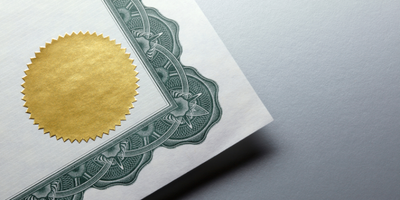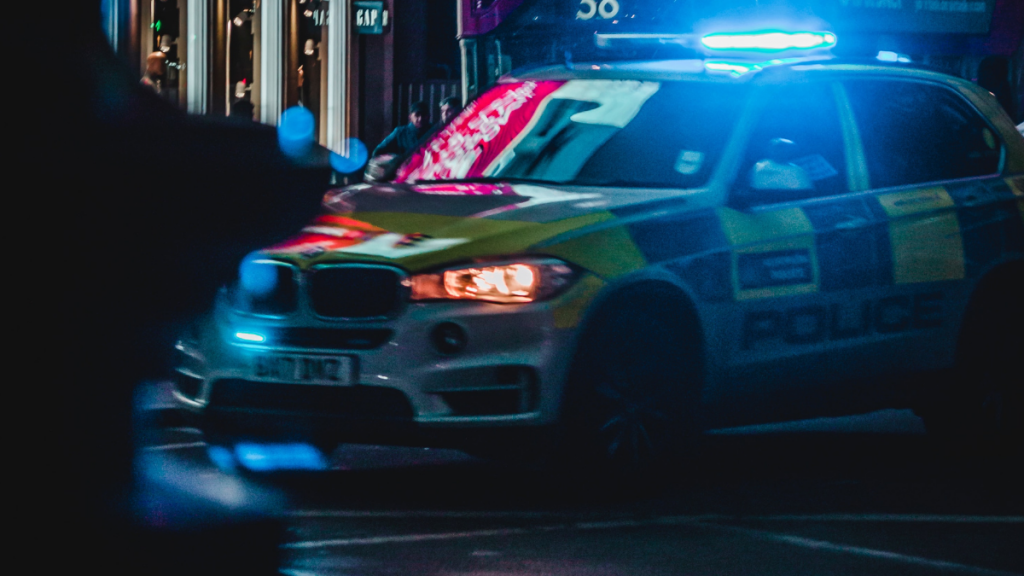According to IFSEC Global, approximately 5.2 million CCTV cameras were in operation in the UK in 2020. This is the equivalent of one camera for every 13 people. Cameras are a great deterrent to crime and will hopefully be enough to make a criminal think again before committing an offence. However, in the event of a crime, they can provide critical evidence (if needed).
Can CCTV footage be used as evidence in court?
Yes, CCTV footage can serve as evidence in court for proving someone was at a particular location or for proving that a crime was committed. However, it’s not always a straightforward process. Primarily, a CCTV system must be compliant with restrictions under the Data Protection Act to be admissible in court.

The data protection stipulations are as follows:
- CCTV must not invade the privacy of others.
- It must have clear and visible signs outside showing that it is in operation.
- The video footage should only be used for the purpose for which it was taken.
- You must only keep the footage for as long as it is needed.
- You should ensure that your recordings are clearly dated and timed and that your footage is securely stored so that it cannot tampered with.
Can it work in your favour?
Of course. A CCTV camera can make a significant difference in bringing the offender/s to justice and ensuring you are fully compensated for your losses. However, it is advised that you should have a camera covering the asset you wish to protect because, without sufficient evidence against the offender, they will not get prosecuted for the crime you believe they committed.
What if the quality isn’t good enough?
CCTV camera placement and clarity are crucial if you wish to use CCTV as evidence in court. The CCTV footage will be useless if it’s not a clear picture or the camera has been positioned without care. Ensure that you maintain your cameras regularly to improve clarity and that you have your cameras professionally installed.








